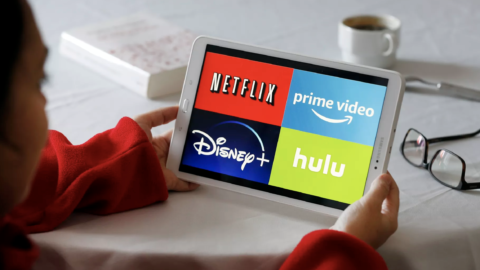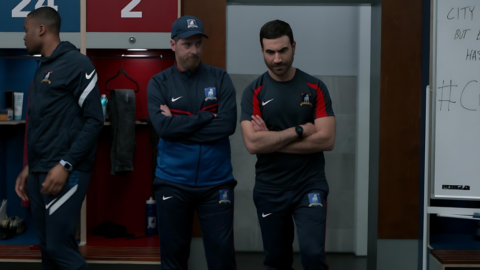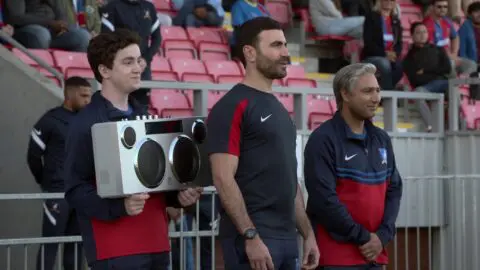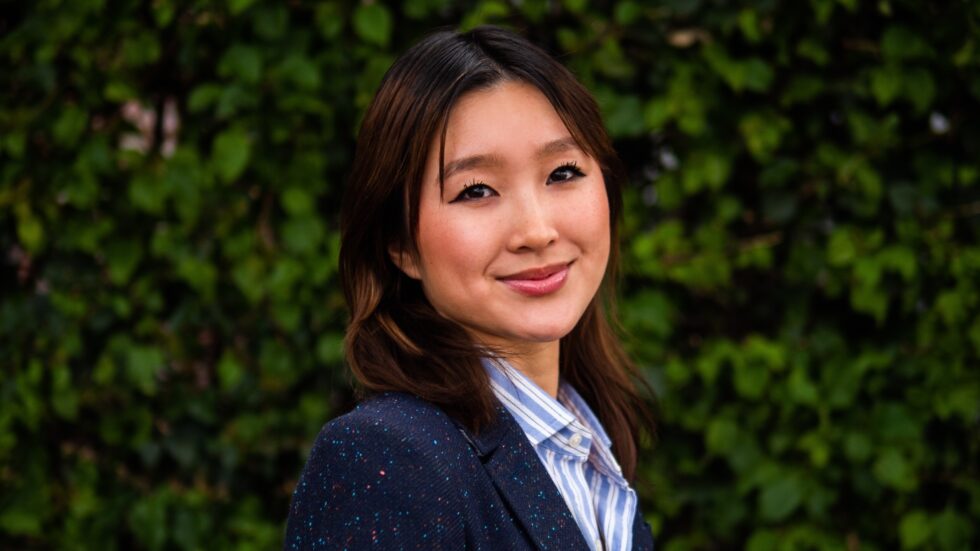
TIFFANY HUE
Tiffany Hue is a Production Coordinator at BENlabs. She began her career in comedy development, and has since discovered her passion for bridging brands and entertainment. At the core of her work is elevating culture to the forefront of media, and she is a champion of content that exhibits authenticity and representation.
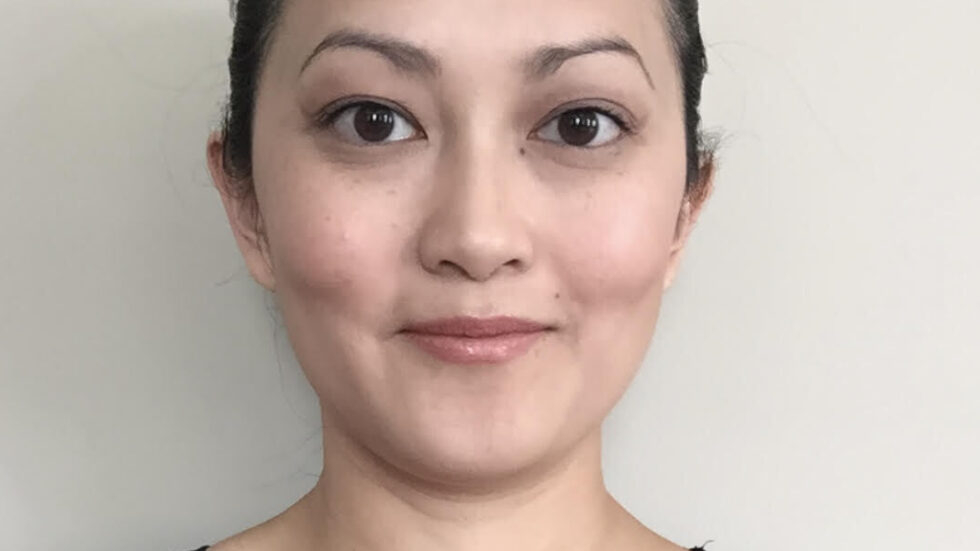
Giang Pham
Giang is an Assistant Prop Master in Local 44. Her credits include 'Jurassic World'; 'Venom'; 'The Mandalorian'; 'Star Trek: Picard'. She has an affinity for snacks, learning tricks from experts of their field, and being an overall nuisance to those who will deal with it.

Q: What challenges did you overcome in getting to the position you’re in today?

A: As an AAPI woman working in a white and male-dominated industry, most of my challenges have been cultural. I’m a direct person and have a compulsion to maximize efficiency. People probably expect a certain experience with a petite Vietnamese woman and are sometimes surprised by or put off by my intensity.
I’ve been incredibly lucky that my mentors and colleagues accepted me, but they taught me too that efficiency isn’t always the best path or even a viable one. Many of these folks have been white men. I only note this as a reminder that most anyone can be an ally in the same way that most anyone can be a total train wreck.

Q: What’s the biggest piece of advice you have for aspiring propmasters?

A: Nothing will go to plan if there is only one plan.
Have a trusted vendor for everything (thanks BENlabs!); and don’t be stingy with their contact information with your colleagues.
Prop Masters are often interesting people because of the required depth and range of knowledge, but the best ones are also hilarious. If you have a bad personality as I do, work on your wit—the work is so hard if you’re not fun or funny.

Q: What needs to happen for the industry to bring more diverse talent into the fold?

A: We must be more understanding about the learning curve. “A trained monkey can do it” is catchy to say but not wholly true.
Props people are proud of the final work, but we sometimes diminish our skills in the process. A props person might need to fit a sword on an antsy actor with Costumes while text-arguing with a Teamster for a pickup, without causing an uprising. They might have a conversation with the director about recreating a Japanese-inspired pasta dish he or she ate three years ago at the French Laundry then moments later be asked to explain to a jittery AD why it takes 2 minutes to change the battery on a tiny, custom fake bomb timer.
There isn’t just one type of person capable of this difficult balancing act, and our teams should reflect that. I think we all are eager to hire new crew but aren’t inclined to teach people in a way that they can understand. I’m actively working on this too.

Q: Where do you see AAPI representation in entertainment in 5-10 years? How do you think it will evolve?

A: The AAPI community has had a great showing these past few years globally. As a community, we mostly support each other. AAPI directors and show-runners make room for other AAPI HoDs. Maybe it’s not required for every film, but it’s refreshing for diverse voices to be recognized in any capacity.
At some point, Asian representation will plateau, and we have to use that opportunity to keep the momentum going for everyone.

Q: How do you incorporate AAPI representation into your role?

A: In terms of hiring crew, I’m dedicated to diversity on several planes—race, gender, age. Every Prop Master who I’ve assisted has fully supported this endeavor.
I don’t think this is often a conscious consideration for me in design or fabrication. I focus on supporting the Prop Master’s vision, but my history and experiences certainly play a part in that.
One thing I do want to make clear: Stop using dragon fruit in every “space food” scene. I don’t want to speak for all Asians on this, but I most likely do.

Q: What have been your favorite projects to date?

A: They all have their charm— but it’s always a RIDE.
I can’t pick just one favorite project, but the best part of any project to me is wrap. We ruminate on our successes and failures with the intent of doing better next time. It might sound like we’re just gossiping, but it’s a professional debrief!

Q: What role do props play in bringing a story to life?

A: Great props are only secondary to an actor’s performance in this capacity. Other departments have larger roles in the world’s aesthetic and movement, but there is no life without props.
What do you remember about movies— lightsabers; a red stapler?
What captures its spirit— a box of chocolates; a golden ticket?
What propels two hours into a cultural phenomenon— a red or blue pill; mosquitos trapped in an amber rock?
You see props on the shelves behind directors and producers during Zoom calls, and movie museums preserve our work behind glass. Still, there is a systemic refusal to acknowledge Property’s contributions to filmmaking.
It’s not in my emotional range to be bitter. But if it sounds like it, you might be recognizing the illogical and egregious omission of the historical and cultural importance of props.
(If this sounds argumentative for no reason— sorry; it’s the intensity!)

